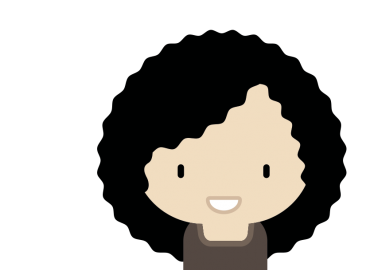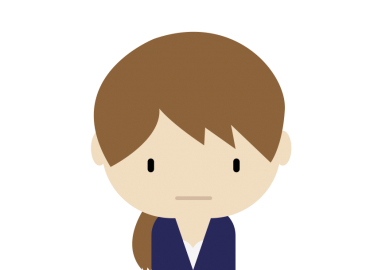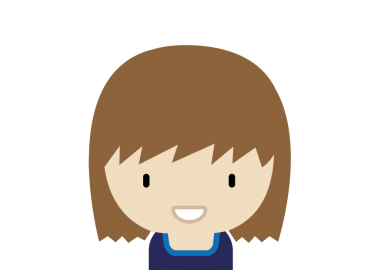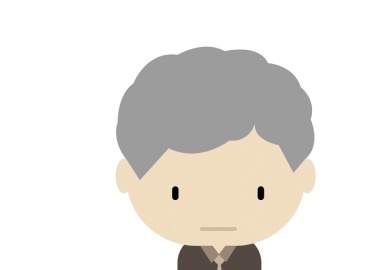Paul Ipp
Expand the elements to view the case or download a printable version with the big orange button!
You are an FY1 doing a placement in a GP surgery. Mr Paul Ipp is a 39-year-old gentleman who has presented to your surgery with headaches. He is otherwise well and does not take any regular medications. This is his first such presentation and he is extremely concerned as this condition is severely impacting on his daily life.
Please take a history and perform the examination you feel is appropriate. Ensure that you address his concerns regarding this presentation.
You are 36 year old Paul Ipp. You have 2 beautiful daughters who are 3 and 6. You separated from your wife many years ago and have full custody of your children. You work full time as a lawyer. Your parents help look after your children.
PC: 3 weeks of night time headaches
HPC:
The headache is always at the back of your right eye, but seems to move down the right side of your face.
It comes on at night and is at its worst within 10-15 minutes. Usually it lasts around an hour, these are the worst hours of your life. They normally occur at night but you have had the odd episode at work.
Wakes you up from your sleep. It’s the worst pain you have ever felt and it feels like your eye is being pushed out of the socket.
Nothing makes the pain better. You have tried paracetamol, ibuprofen, warm packs on your head, cold packs on your head, drinking lots of water, lying still, walking around and banging your head against a wall, but nothing has helped. Nothing makes it worse as it’s already a 11/10 in terms of pain.
During the day when there is no headache you feel fine.
Your daughter once got up in the night to go to the loo and she found you pacing around, she thought you were crying as your eye seemed to be watering and she said it looked red, you were also sniffing.
You have never had headaches like this before.
Once the headache is over you go back to bed and sleep until morning, on waking you are ok.
You have not had any seizures.
You are otherwise well, just exhausted.
You do not have:
• Visual disturbances
• Nausea or vomiting
• Fever
• Neck stiffness
• Photophobia
• Rash
ICE: You have been having headaches for the last 3 weeks, they are so bad that they stop you sleeping and leave you tired all day. You feel you cannot maintain the high level of performance that is needed for your job as you are so tired. You are concerned about getting fired. You don’t know how you could support your children if this happens. If the doctor really seems to care, you tell them that you have a bigger underlying worry. This is that you have a brain tumour and you are terrified that you are going to die. Your daughters mum is not around and you feel this would be too much for the children to cope with. This really scares you. Today you want the doctor to listen to you and find out what’s wrong. A bit of reassurance would not go amiss.
PMH: Nothing to note
DH: Paracetamol and ibuprofen for pain which you get from the supermarket No known drug allergies
FH: No family history to note
SH: You live with 2 daughters, 3 and 6 Your partner left you 3 years ago, 3 months after the birth of your youngest daughter, Tilly You have a lot of help from your parents You work full time in a stressful job as a lawyer. You have smoked 10/day for the last 10 years You occasionally enjoy a glass of red wine with your dinner, getting though about 1 bottle a week by yourself
The student should undertake the history using empathy and elicit a clear headache history, identifying any red flag symptoms. The examination should include a CN examination of CN 2, 3, 4, 5, 6 and 7.
Differential diagnosis My differential diagnosis would include a neurological cause, more specifically Cluster headache. I would also want to consider other causes of headache, including cyclical migraine or potentially trigeminal neuralgia. Moreover, this could also be an ophthalmological cause, including acute glaucoma or optic neuritis.
Discussion Questions - Please tell me what investigations you would like to undertake for this patient. - How would you manage this patient in the acute setting? - What Red Flags do you need to look out for in a headache history? - What would you be looking for on fundoscopy? - If this is a cluster headache what do you expect to find on examination? - How does a cluster headache differ from a migraine?





